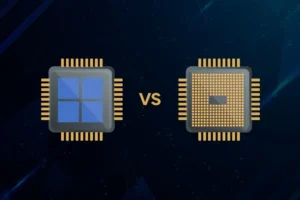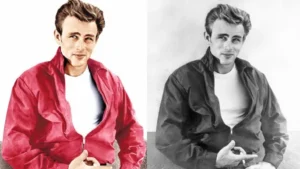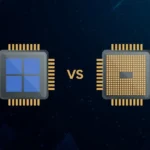The Life and Legacy of Alan Turing: The Father of Computer Science and Artificial Intelligence
PUBLISHED
- January 31, 2023
- 11:59 pm
PUBLISHED
- January 31, 2023
- 11:59 pm
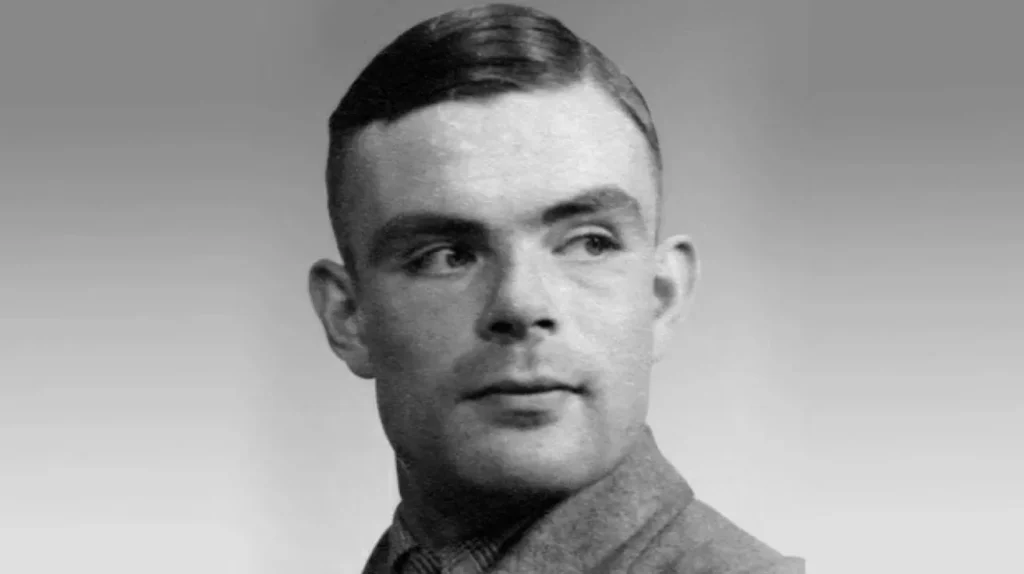
Alan Turing, born in 1912, was a British mathematician, logician, and computer scientist who is widely regarded as the father of computer science and artificial intelligence. His groundbreaking work in cryptography and code-breaking during World War II helped to turn the tide of the war, and his contributions to the fields of mathematics, computer science, and artificial intelligence have had a profound impact on the world we live in today.
LIKE THIS
Machines Can Think And Solve Problems
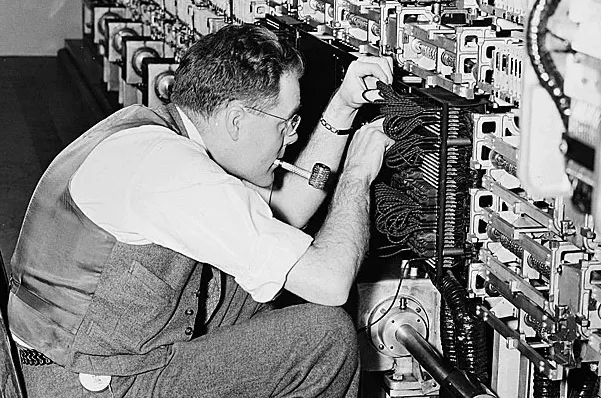

Turing’s early work in mathematics laid the foundation for his later work in cryptography and code-breaking. He first made a name for himself as a brilliant mathematician, publishing papers on topics such as number theory and mathematical logic. He also had a passion for solving complex problems and was known for his innovative and unconventional approach to problem-solving.
During World War II, Turing was recruited by the British government to work at Bletchley Park, where he led a team of cryptanalysts tasked with breaking the German Enigma code. Turing’s innovative use of early computing machines, such as the Bombe, played a crucial role in breaking the Enigma code and cracking the German secret messages. This work is widely credited with helping to shorten the war and saving countless lives.
After the war, Turing continued his work in computer science and artificial intelligence. He published a seminal paper on the concept of machine intelligence, in which he proposed the famous Turing Test, a measure of a machine’s ability to exhibit intelligent behavior equivalent to or indistinguishable from that of a human. This test remains one of the most widely used metrics for evaluating artificial intelligence to this day.
Turing's Legacy
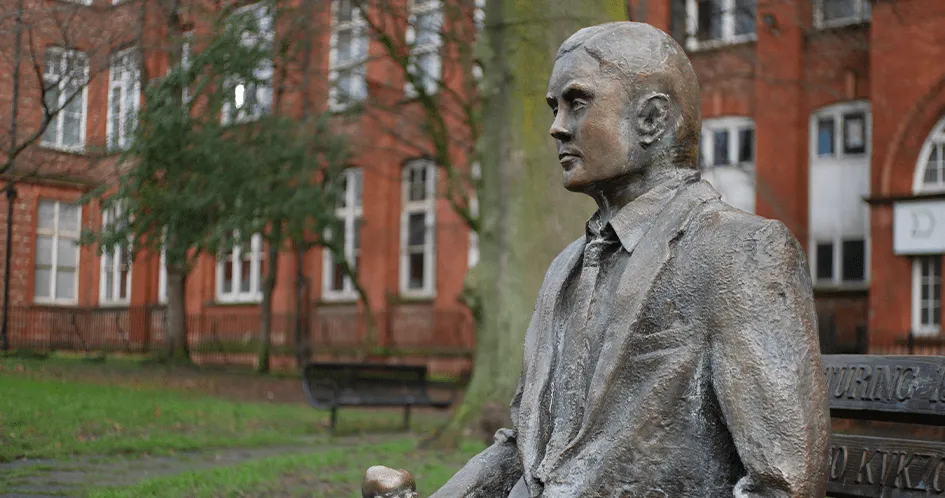

Despite his groundbreaking contributions to computer science and artificial intelligence, Turing’s life was cut short when he was convicted of homosexuality, which was then considered a crime in Britain. He was forced to undergo chemical castration and ultimately took his own life in 1954. It wasn’t until 2009 that then-Prime Minister Gordon Brown issued a public apology on behalf of the British government for the way Turing was treated.
In recent years, Turing’s legacy has continued to inspire and influence the world of computer science and artificial intelligence. Many of the biggest tech companies in the world, including Google, Microsoft, and Apple, have programs and initiatives dedicated to furthering Turing’s work and exploring the limits of artificial intelligence.
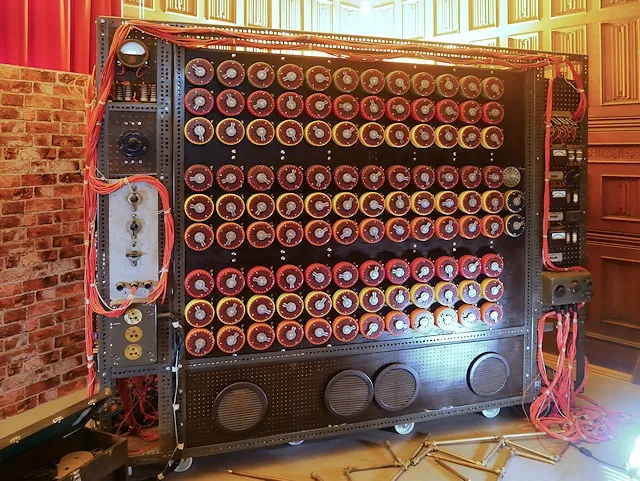

Turing’s life and work have been celebrated in books, documentaries, and even feature films, including the 2014 film “The Imitation Game,” which tells the story of Turing’s work at Bletchley Park and his struggle against the discrimination he faced.
Turing’s contributions to computer science and artificial intelligence have had a profound impact on the world, and his legacy continues to inspire new generations of computer scientists, engineers, and researchers. He will forever be remembered as a brilliant mind who pushed the boundaries of what was thought possible and laid the foundation for the digital age.


